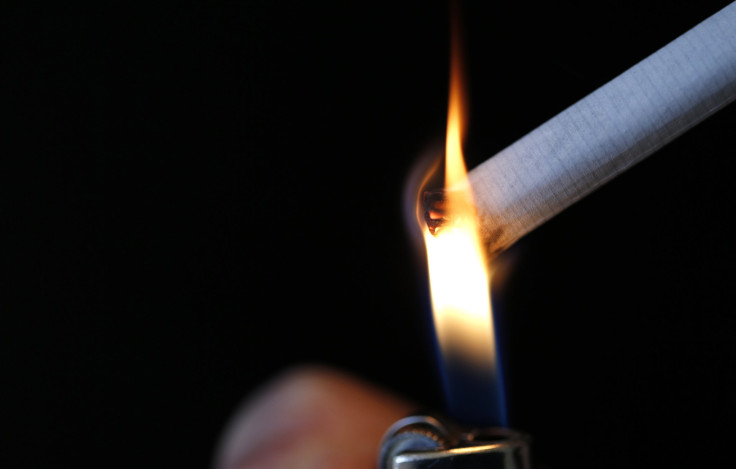Secondhand smoke doubles the risk of hospitalisation of kids with asthma

Kids suffering from asthma who are exposed to secondhand smoke, or SHS, have double the risk of being hospitalised, reveals a study led by the Mayo Clinic Children's Research Center. The researchers say their report serves as a reminder to parents on the dangers of exposing their children to SHS.
"We knew that kids should not be exposed to tobacco, but how bad their asthma is likely to be with tobacco exposure was not clear. This study helped us quantify that risk, and so it informs as well as empowers us with the risk assessment," explains the study's senior author Dr Avni Joshi, a pediatric allergist and immunologist at Mayo Clinic Children's Center.
The researchers' findings, published in the Annals of Allergy, Asthma and Immunology, reinforce previous studies which have shown the association of secondhand smoke exposure with increased asthma prevalence, poorer asthma control and increased symptoms. Because children's lungs and immune systems have not been fully developed yet, they are more likely to be negatively affected by cigarette exposure than adults, the team suggests. Toxins such as SHS reportedly reduce lung growth rates, though details of how this occurs are not entirely known.
For their research, the team conducted a review of 25 studies that analysed smoking exposure at home. More than 430,000 children were included in the review, with a mean age of 7.6 years. Based on the results, they found that a child is twice as likely to end up in the hospital with an asthma flare if family members continue to smoke.
In addition to being an eye-opener for parents, the study also claims that the increased rates of hospitalisation may be equivalent to a higher burden of disease on the health care system, says Joshi. According to Joshi, parents should make some changes in their lifestyle and try to quit smoking, given this new discovery.
Understanding the difficulty to quit smoking, Joshi and her team worked with the Nicotine Dependence Center and the Center for Innovation at Mayo to create a programme to help families with their efforts in tobacco control. Under the programme, nicotine counseling are conducted, and nicotine replacement supplies are provided free of cost to family members with children who have asthma.
According to the American Lung Association, secondhand smoke contains more than 7,000 substances, including over 70 compounds that are known to cause cancer. In addition to being prone to asthma, children who breathe secondhand smoke are also more likely to suffer from pneumonia, bronchitis and other lung diseases. The association states that there are an estimated 150,000 to 300,000 cases every year of infections in infants and children under 18 months of age who breathe secondhand smoke.
Contact the writer at feedback@ibtimes.com.au or tell us what you think below.




















